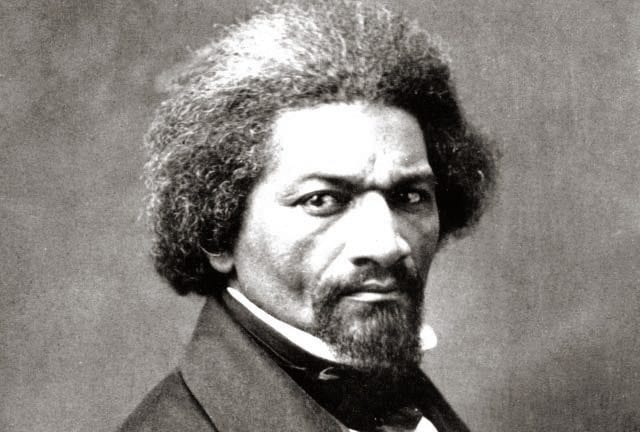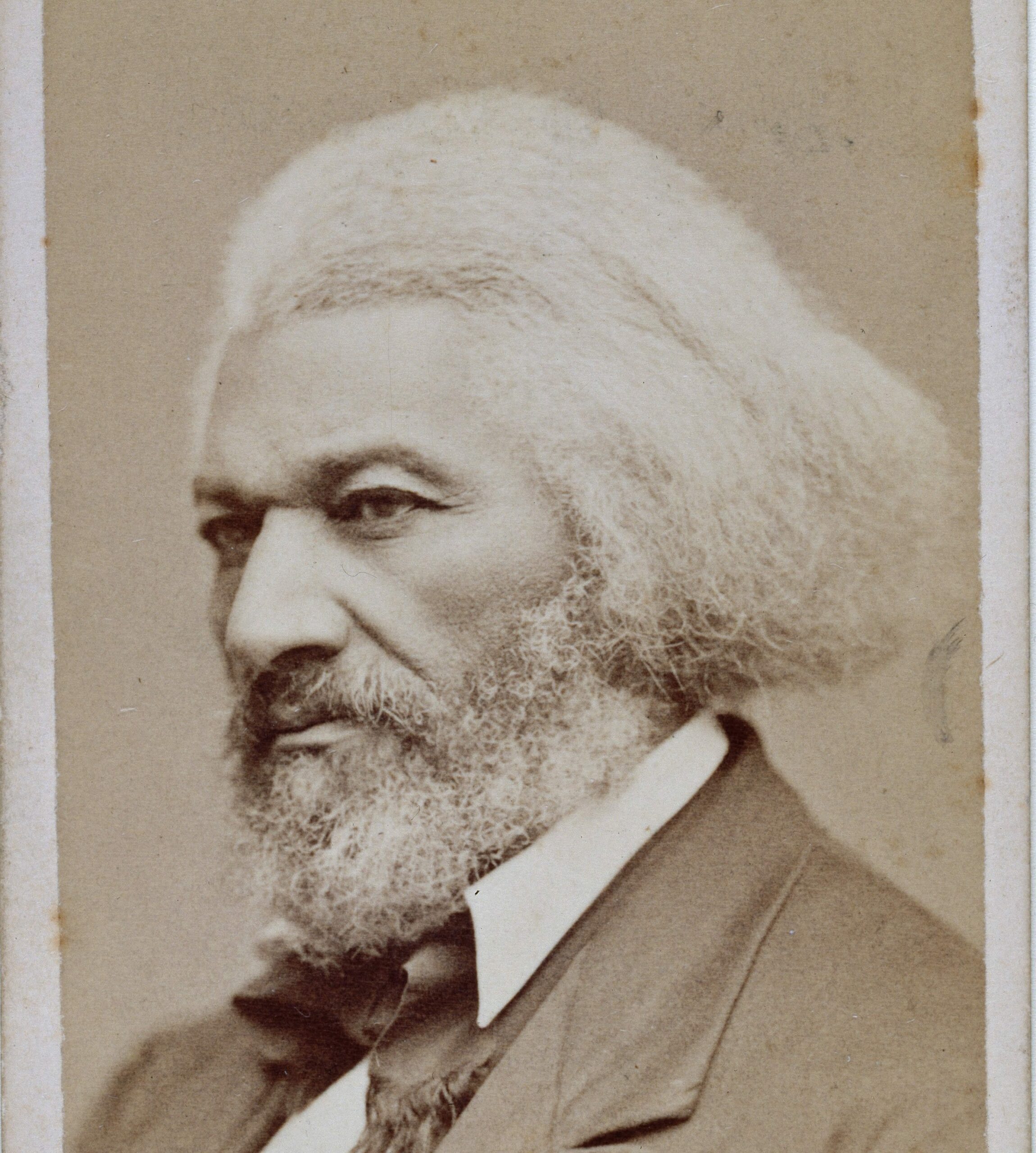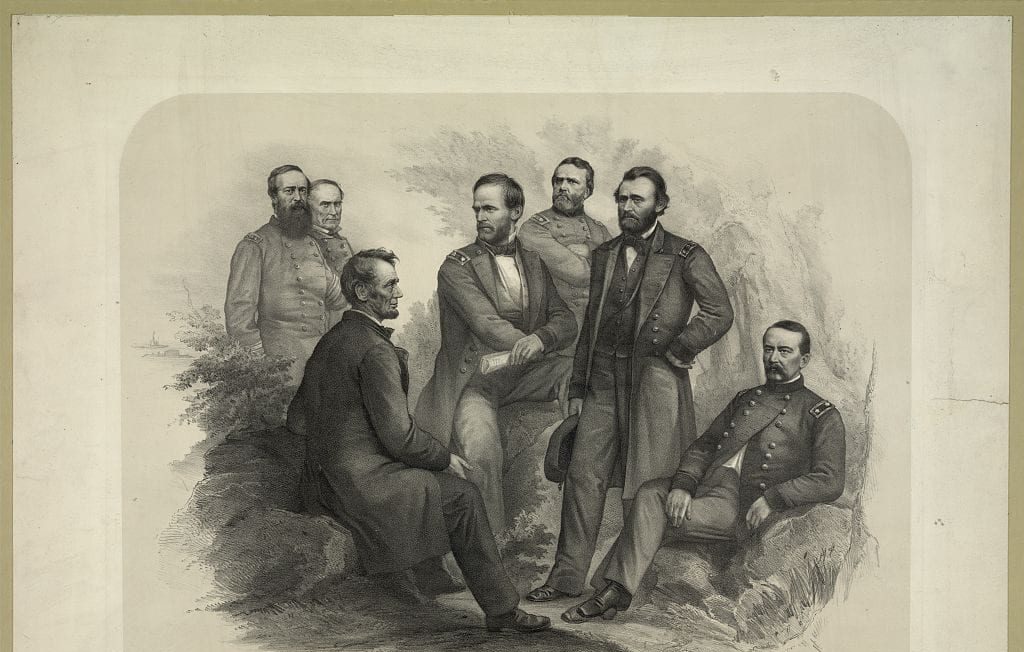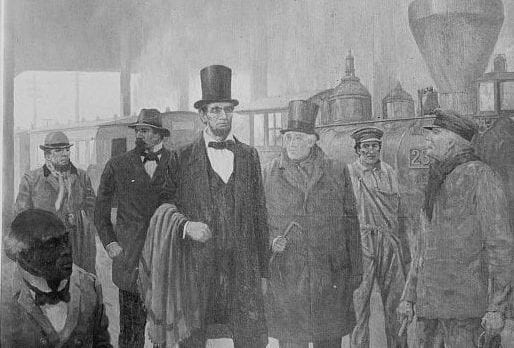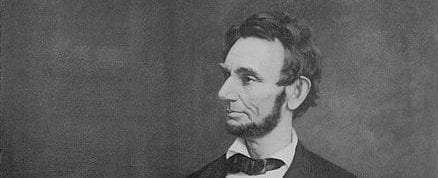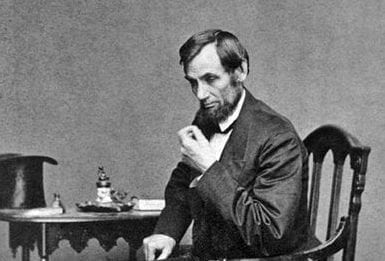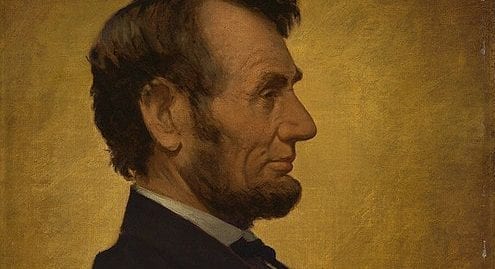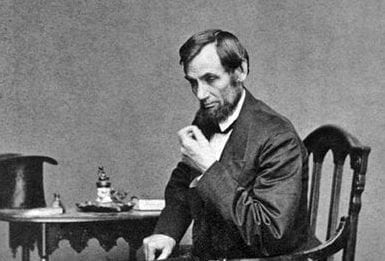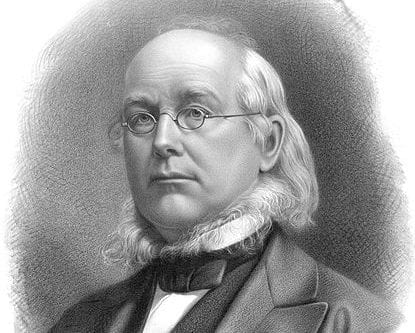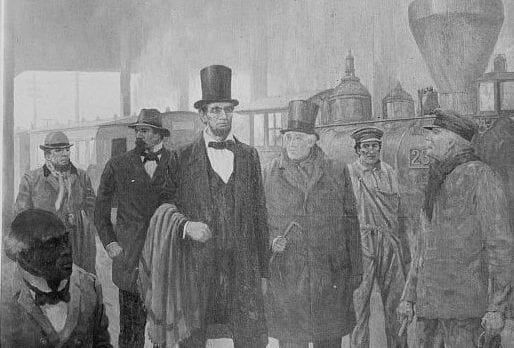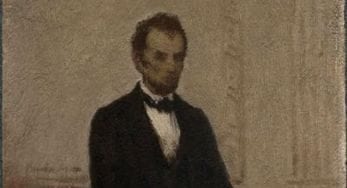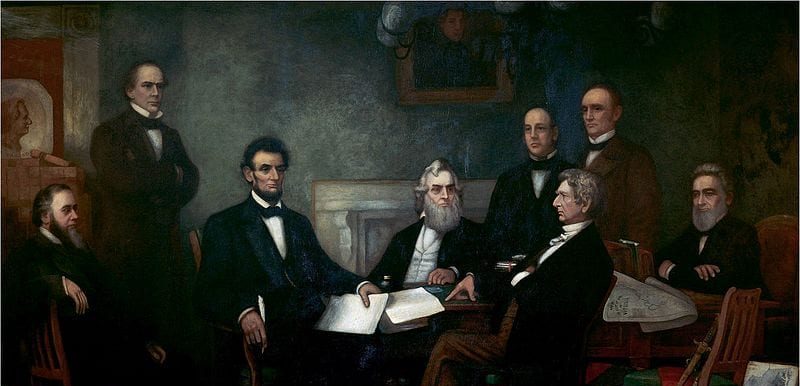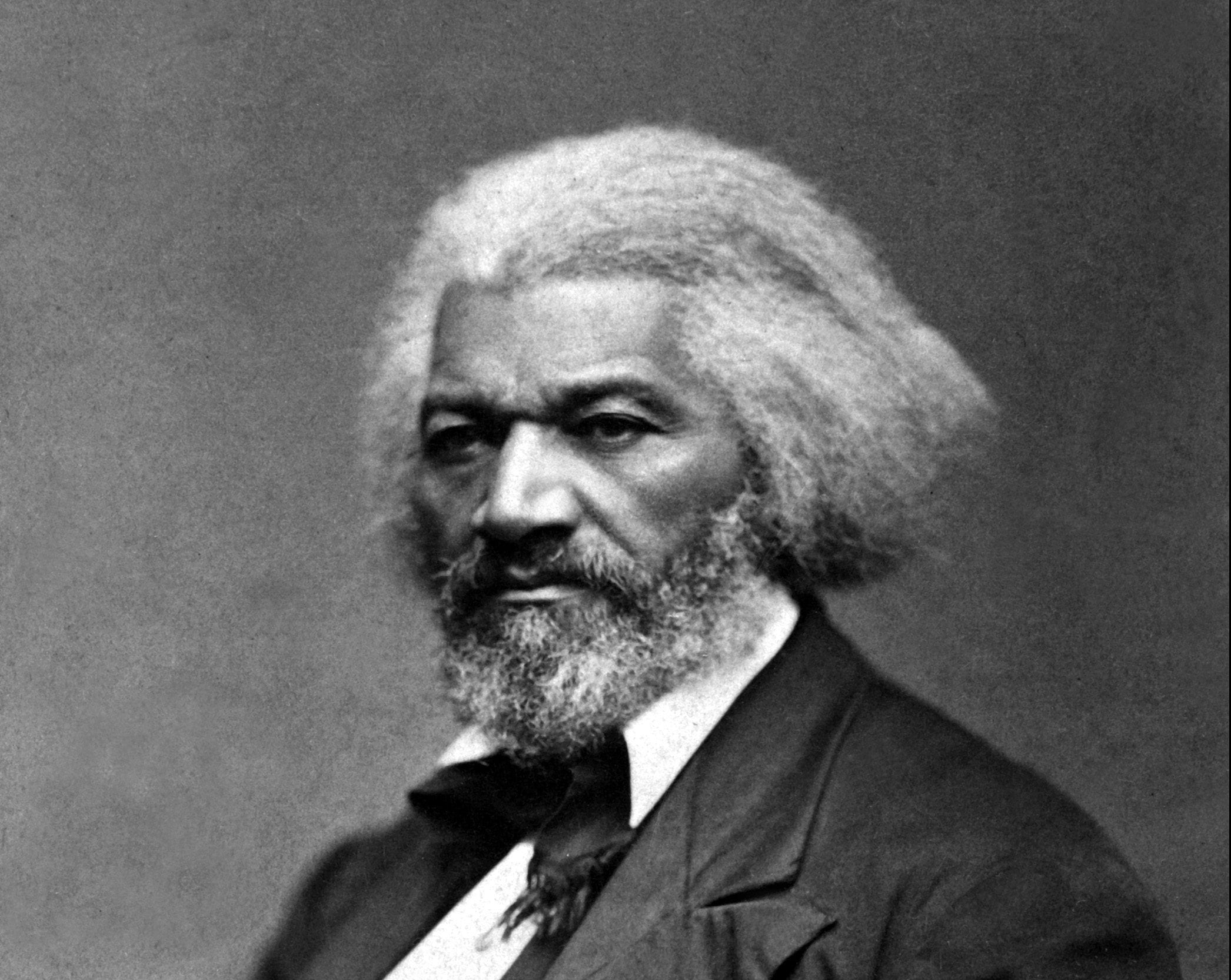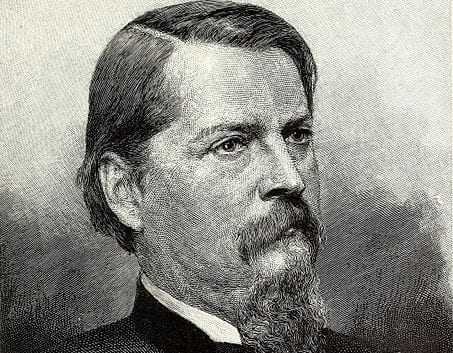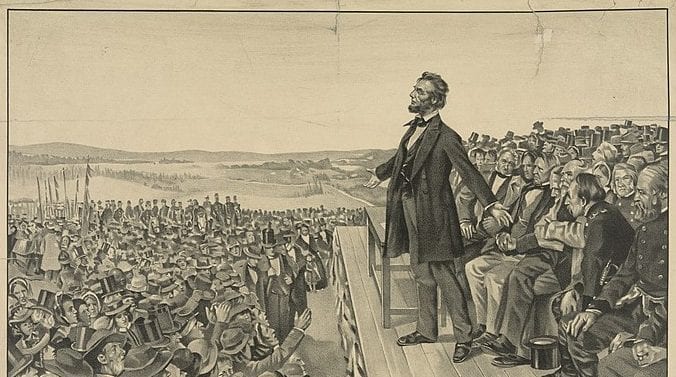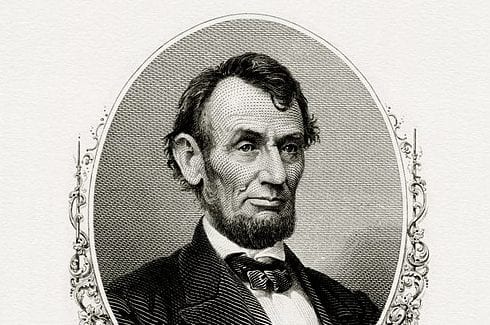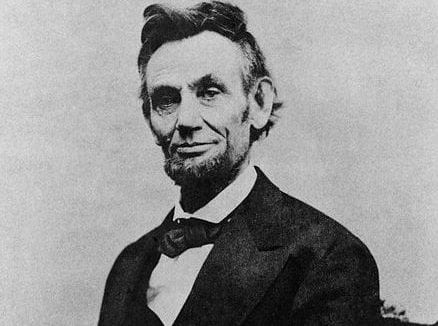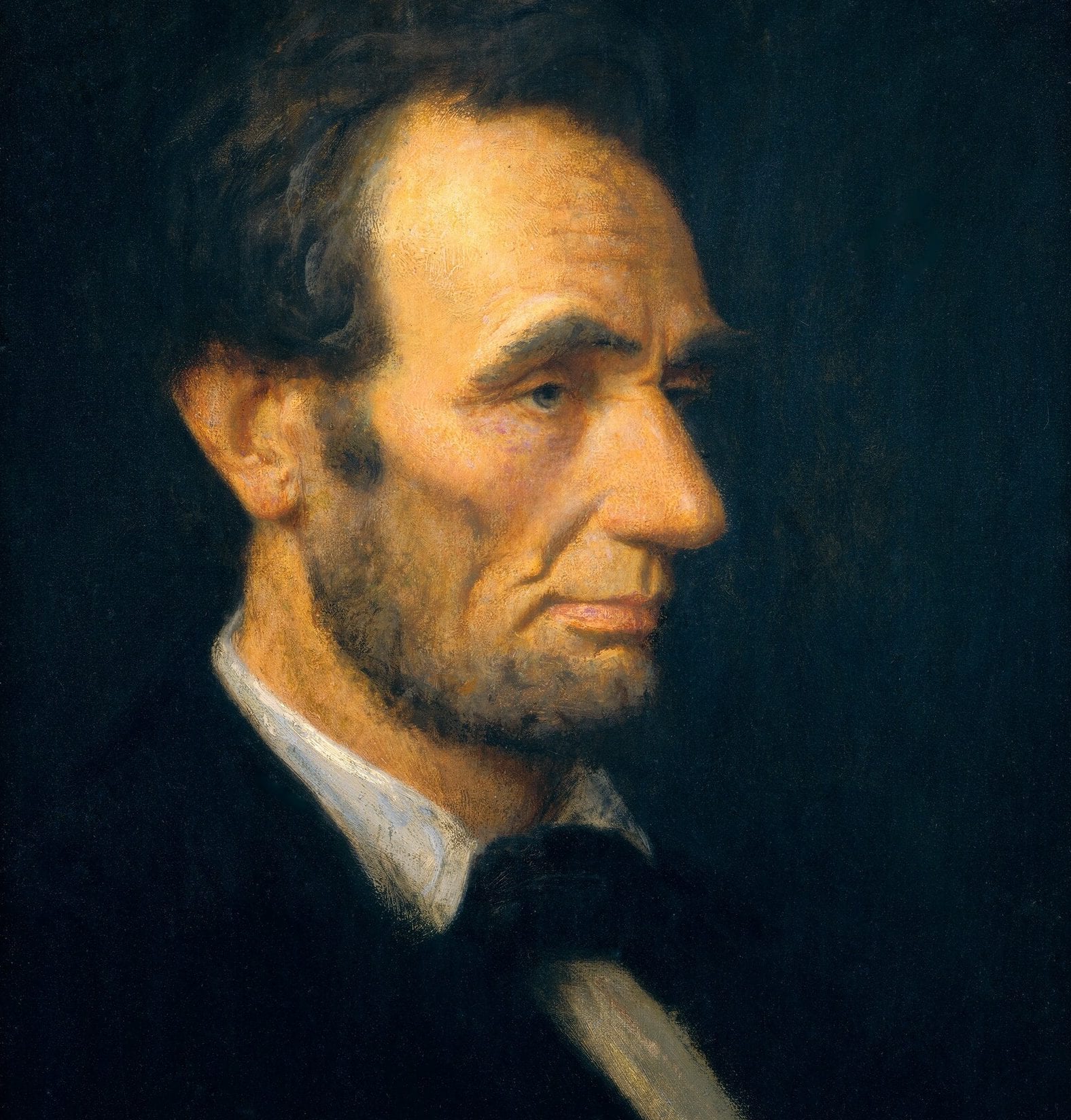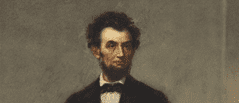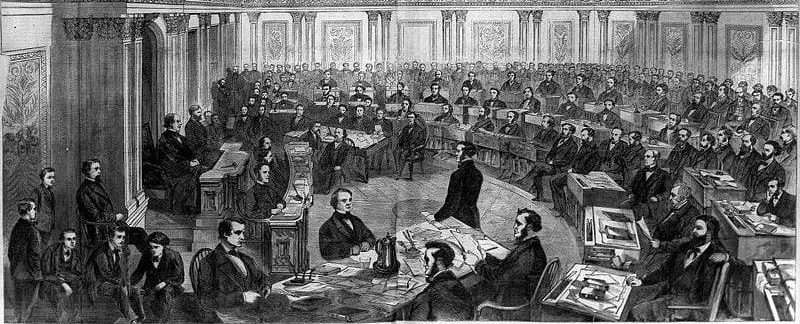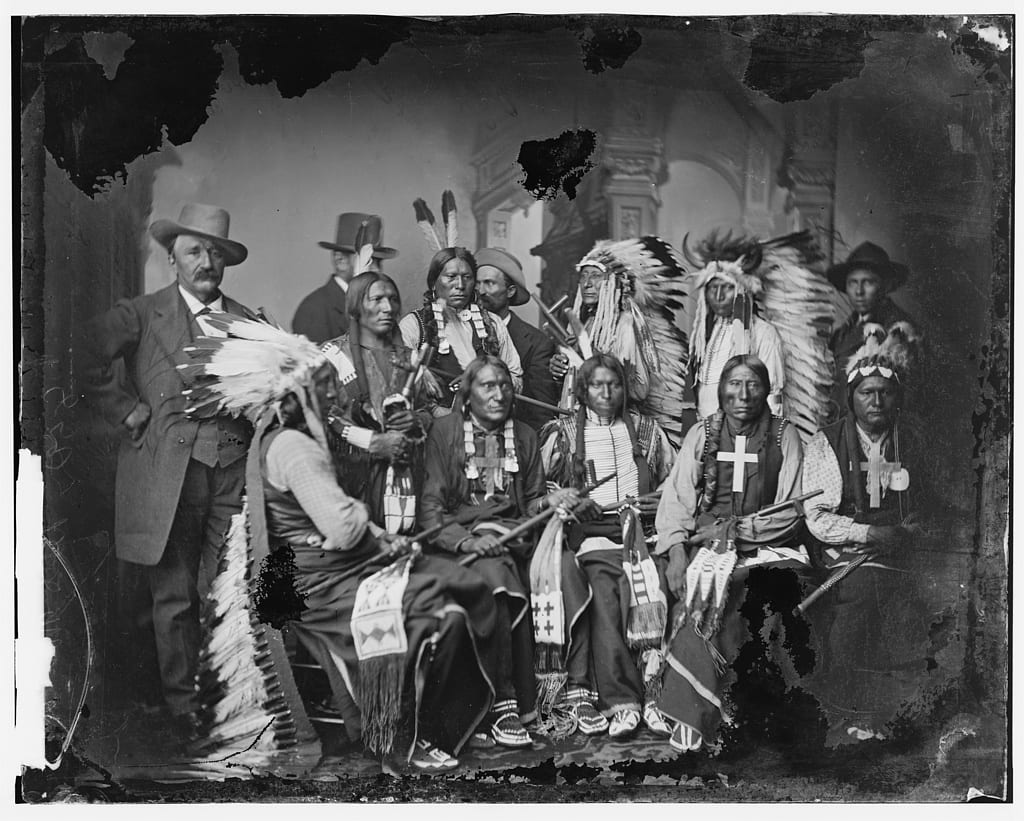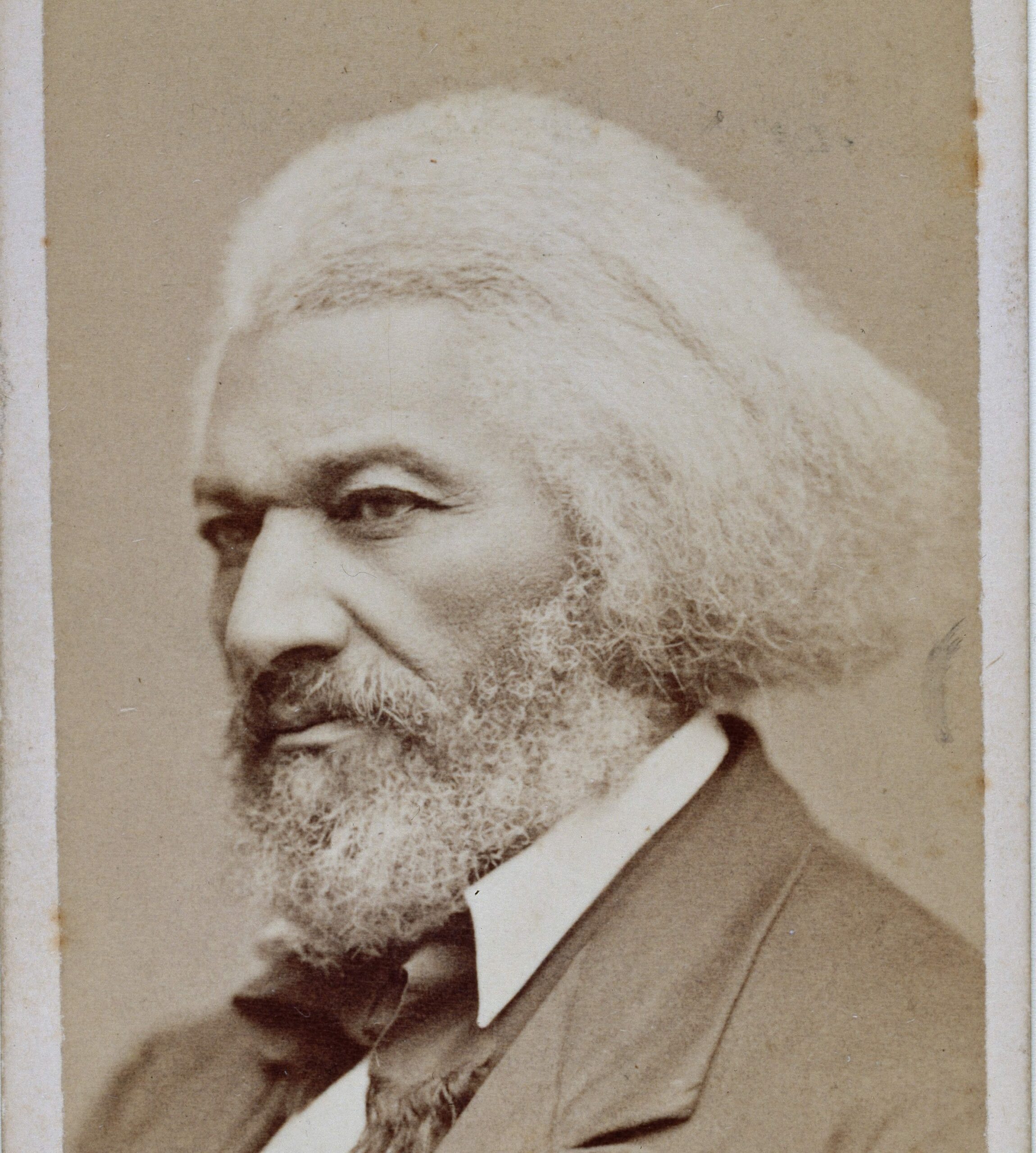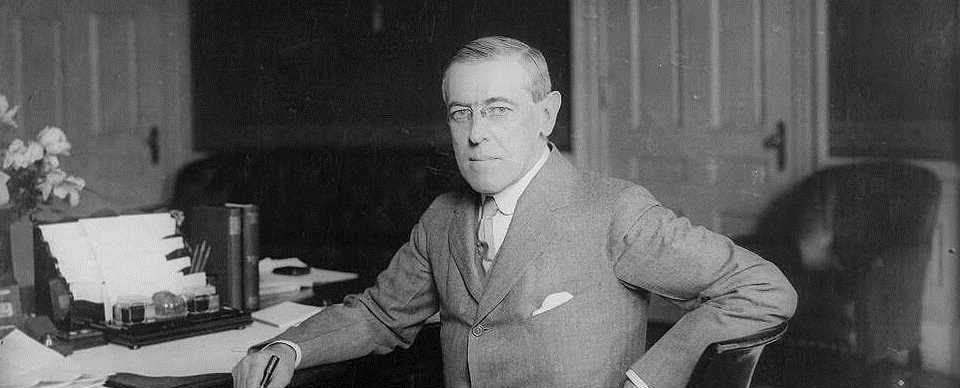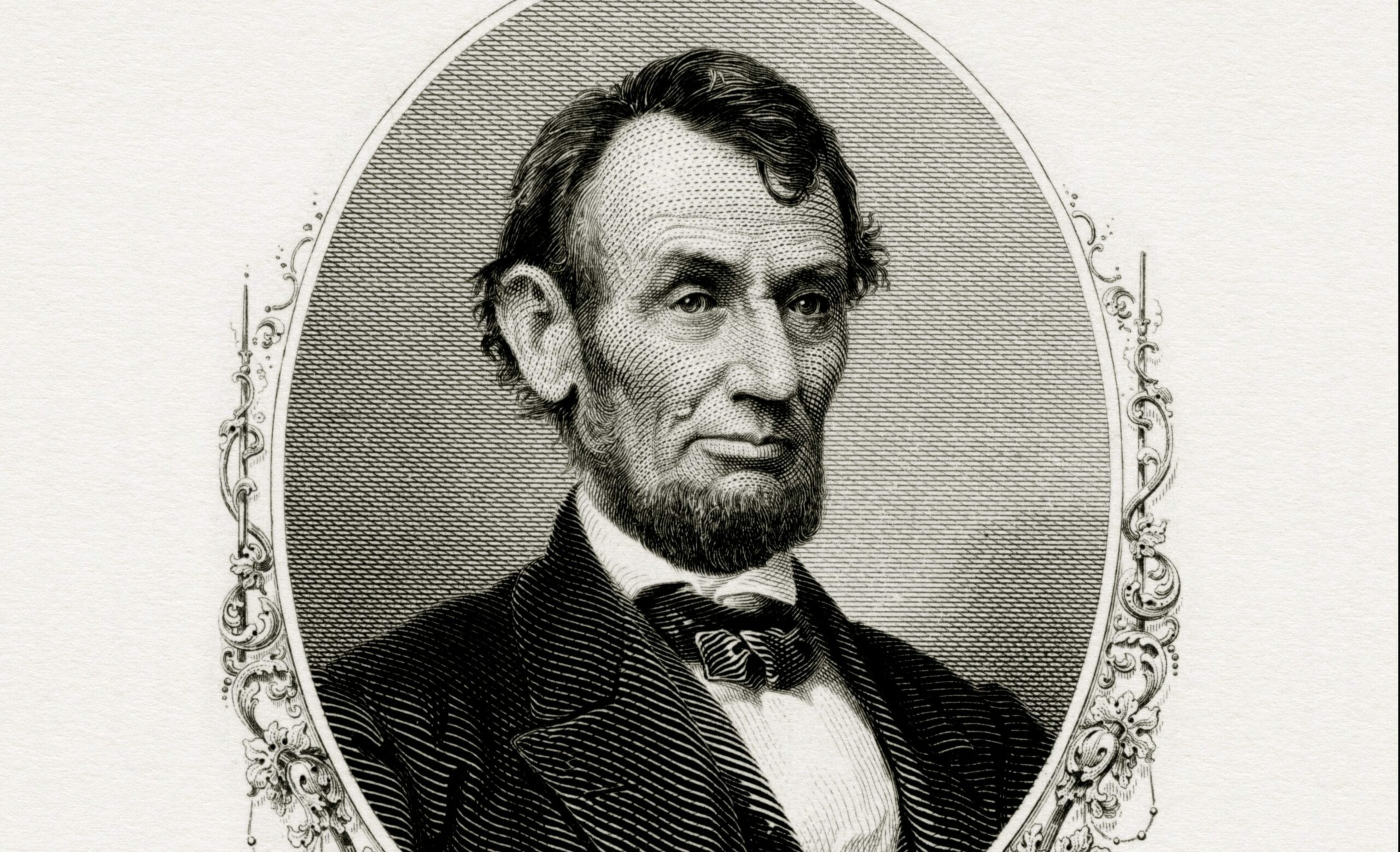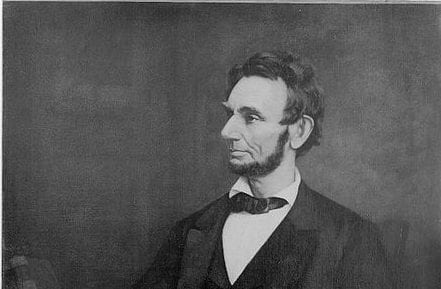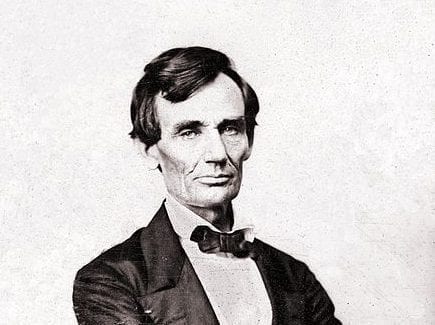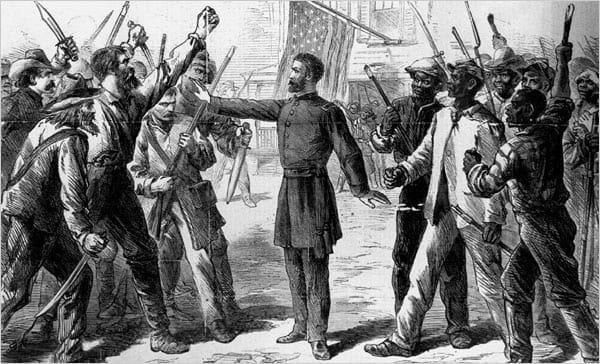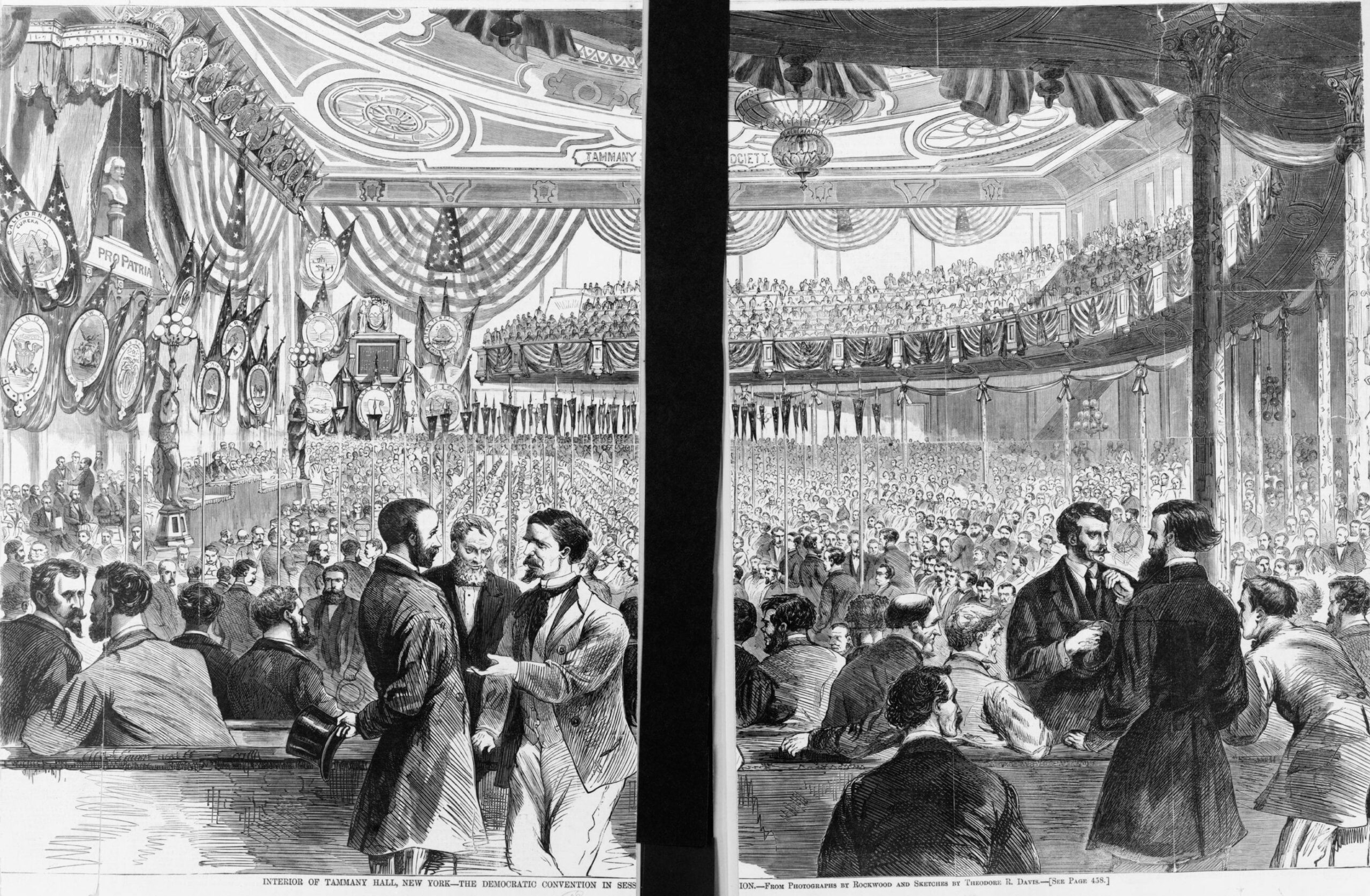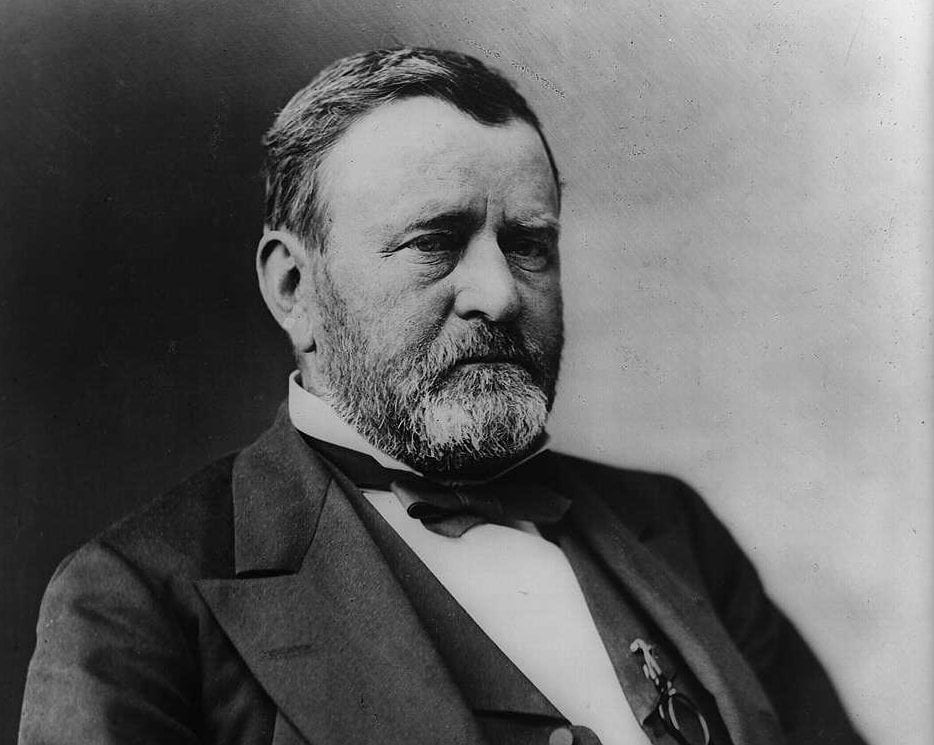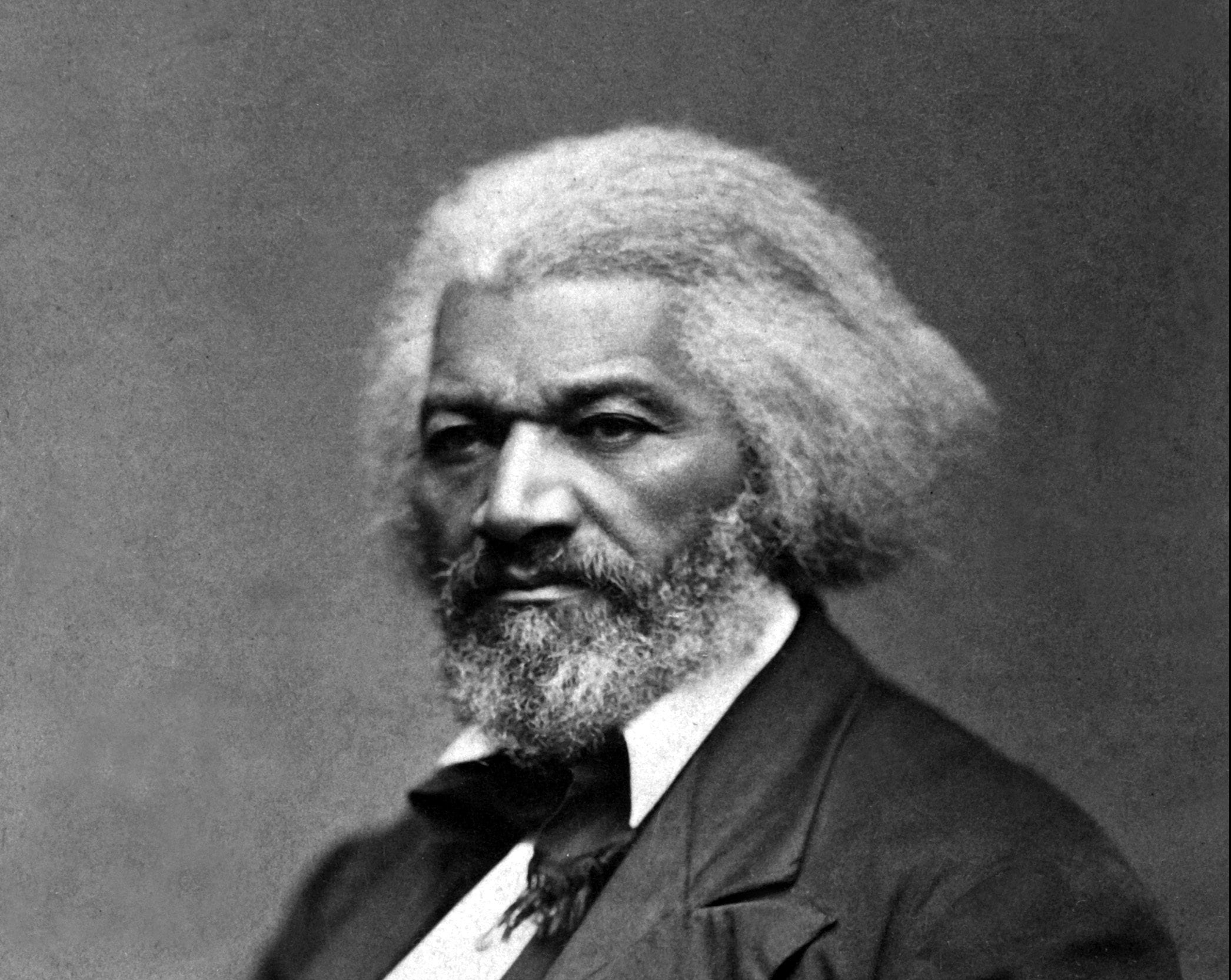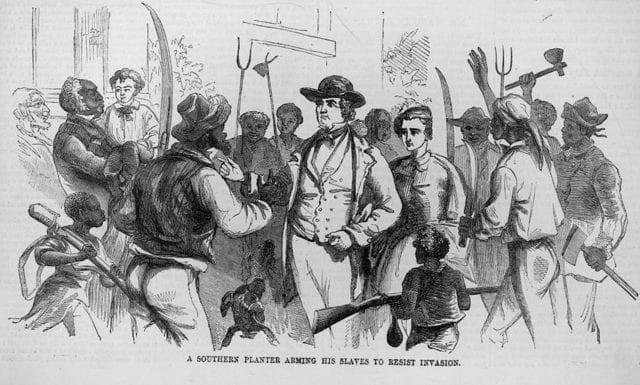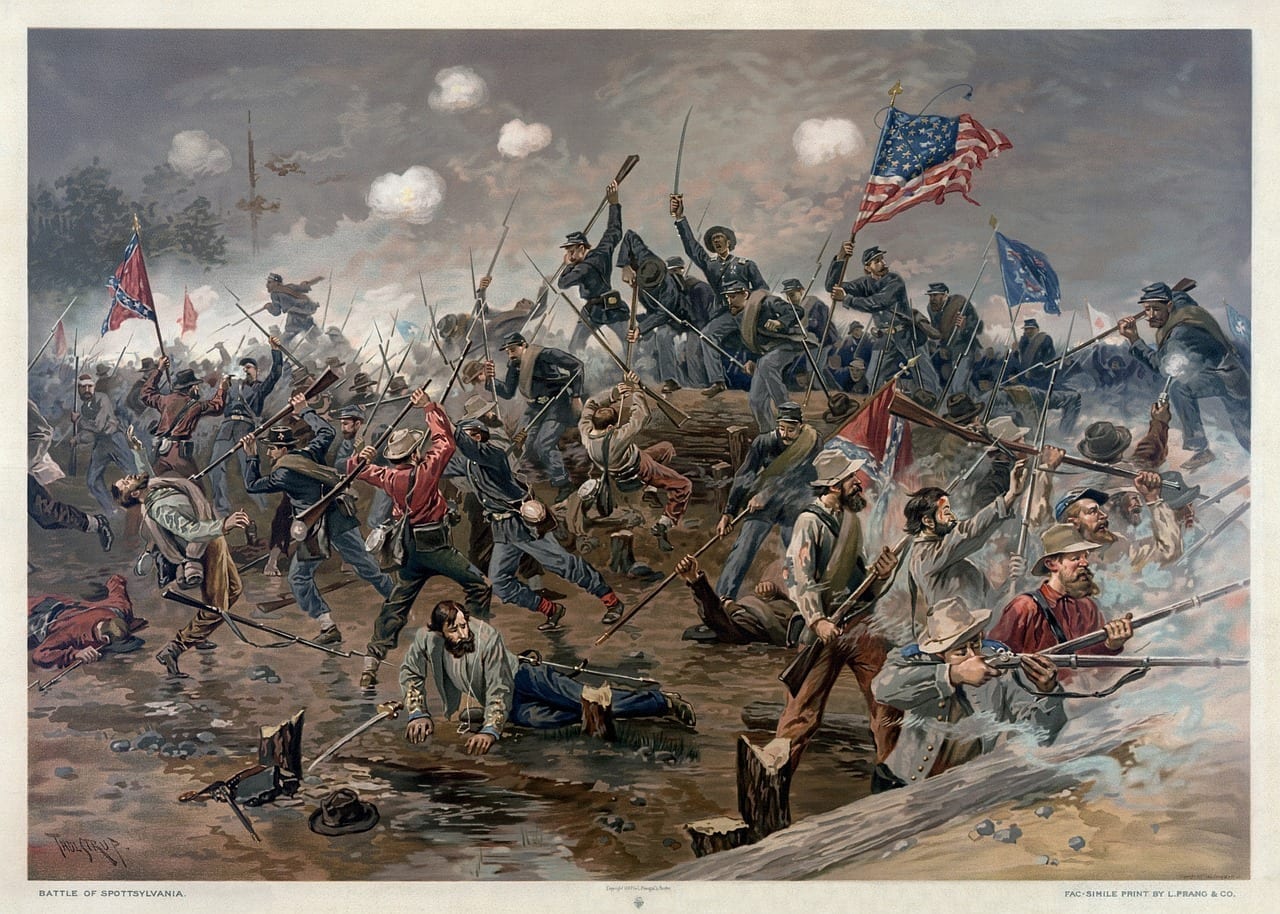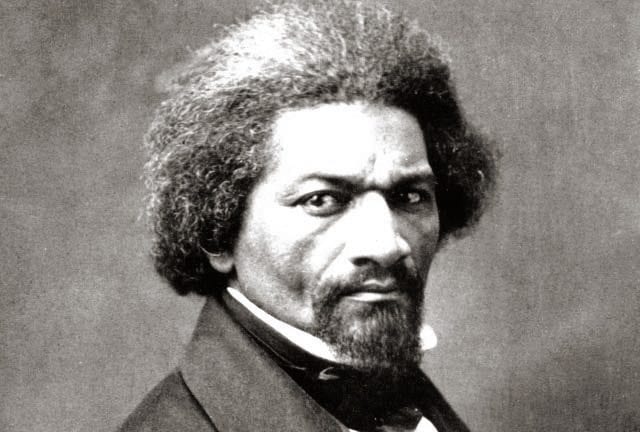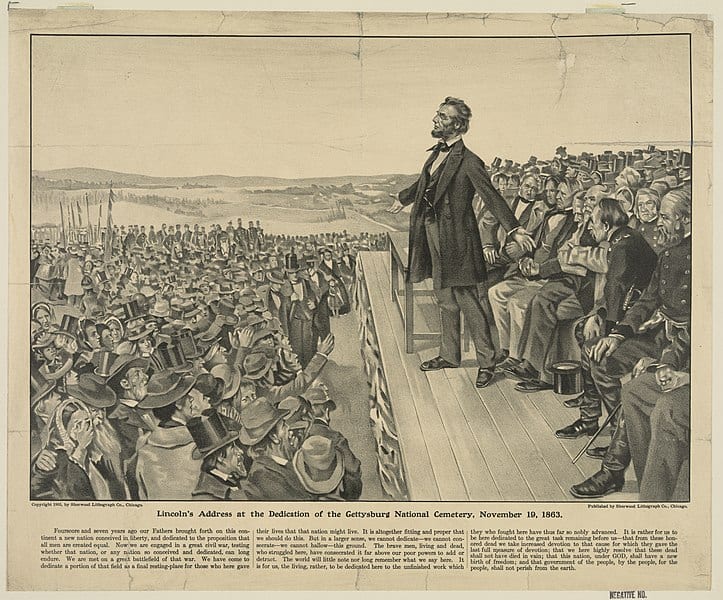
Introduction
The return of governance to the hands of Southerners raised a whole host of additional problems. The Republican Congress recognized these problems when it passed the Enforcement Acts. Private organizations throughout the South, led by the Ku Klux Klan, were depriving freed slaves, blacks, and loyal union men of their lives and property. Southern governments allowed private organizations to operate with impunity. The House and Senate appointed a twenty-one member committee to investigate the Ku Klux Klan and other kindred organizations in 1871. Its aim was to discover how big a problem the Klan presented in the South so that legislation and funding could match the nature of the threat. A subcommittee of eight members received testimony in Washington D.C. and traveled through several of the former slaveholding states to receive more. The committee produced over 8,000 pages of testimony and reports, published in 35 volumes. These volumes tell a story of unpunished violence against the freedmen and loyal union men. According to political scientist Forrest Nabors, who ran analytics on the entire text of the committee’s work, the word “shot” appears over 4,000 times and the word “kill” and its variants appears almost 9,500 times. It is an incredible documentary history of what happened under the redeemed Southern governments that no longer had a union military presence. The following excerpt is just one story from one witness delivered to the subcommittee during July 1871 in Spartanburg, South Carolina.
Source: Testimony Taken by the Joint Select Committee to Enquire into the Condition of Affairs in the Late Insurrectionary States, South Carolina, Volume 3 (Washington, DC: Government Printing office, 1872), 386–392. https://goo.gl/rSV6cr.
SPARTANBURGH, SOUTH CAROLINA, July 6, 1871
CHARLOTTE FOWLER (colored) sworn and examined.
By the CHAIRMAN:
Question. Where do you live?
Answer. On Mr. Moore’s premises . . . . I did live in Spartanburg County with my husband, before the old man was killed; but now I live with my son.
Question. How long ago is it since your husband was killed?
Answer. It was the 1st of May.
Question. What was his name?
Answer. Wallace Fowler.
Question. Tell how he was killed.
Answer. The night he was killed – I was taken sick on Wednesday morning, and I laid on my bed Wednesday and Thursday. I didn’t eat a mouthful; I couldn’t do it, I was so sick; so he went out working on his farm. . . . When he came home he cooked something for me to eat, and said: “Old woman, if you don’t eat something you will die.” Says I: “I can’t eat.” Says he, “Then I will eat, and feed the little baby.” That is the grandchild he meant. I says: “You take that little child and sleep in the bed; I think I have got the fever, and I don’t want you to get it.” He said, “No, I don’t want to get the fever, for I have got too much to do.” He got up and pulled off his clothes, and got in bed. . . . So he laid there for about a half an hour, and then I heard the dogs. . . . I reckon I did not lay in bed a half an hour before I heard somebody by the door; it was not one person, but two – ram! ram! ram! at the door. Immediately I was going to call him to open the door; but he heard it as quick as lightning, and he said to them: “Gentlemen, do not break the door down; I will open the door;” and just as he said that they said: “God damn you, I have got you now.” I was awake, and I . . . got out of the bed, and fell down on the floor. I was very much scared. The little child followed its grandfather to the door – you know in the night it is hard to direct a child. When he said, “God damn you, I have got you now,” and he said, “Don’t you run,” and just then I heard the report of a pistol, and they shot him down; and this little child ran back to me before I could get out, and says, “Oh, grandma, they have killed my poor grandpappy.” He was such an old gentleman that I thought they just shot over him to scare him; but sure enough, as quick as I got to the door, I raised my right hand and said, “Gentlemen, you have killed a poor, innocent man.” My poor old man! Says he, “Shut up.” I never saw but two of them, for, by that time, the others had vanished.
Question. How did you know there were any others there?
Answer. The little boy that was there when they shot his grandpappy ran into the house; he was there, and when they started I heard the horses’ feet going from the gate. I was then a hallooing and screaming. After they shot the old man, they came back into the house – “Chup! Chup! Chup! make up a light.” I said, “I am not able to make up a light; I have been sick two days” I called to the little girl, “Is there any light there?” She says, “No.” But the mantel was there, where I could reach it, where they put the splinters, and I said, “Light that splinter;” and she lit the splinter. He said, “Hand it here;” and she handed it to him; and then he says, “March before me, march before me.” That was done in the middle of my room. He says, “Hand me up your arms” – that is the guns. Says I, “There isn’t any here, sir.” Says he, “Hand me up that pistol.” I says, “There is none here; the old man had none in slavery, and had none in all his freedom, and everybody on the settlement knows it.” When he told me about the light he put that pistol up to my face – so – and says, “If you don’t come here I will get you light out of this.” He did that when I was a poor woman by myself.
Question. What else?
Answer. I didn’t know that anybody had anything against the old man; everybody liked him but one man, and that was Mr. Thompson. Somewhere along summer before last he [that is, Fowler] had planted some watermelons in his patch; and he kept losing his watermelons, and one day he said he would go and lay, and see who took them; and sure enough he caught two little white boys; one was Mr. Thompson’s boy and the other was Mr. Millwood’s boy; both were white boys; they had cut up a whole lot of the melons. . . .
Question. Is that the reason you thought that Thompson did not like him?
Answer. Mr. Thompson is the only one in the whole settlement that has had anything against him. You may search the whole settlement over. . . .
[Charlotte Fowler goes on to say that when word got to Mr. Thompson, through a person named Lee, that Fowler knew that Thompson’s son took the watermelons, Thompson confronted and threatened Fowler.]
Question. What were they talking about?
Answer. . . . Mr. Thompson fetched on so about the watermelons. . . . And then says Mr. Thompson, “Yes, and God damn you, if you had said I had stolen your watermelons, you would not make tracks out of this yard.” . . . I ran to the fence and said “Wally, come out of that yard; and if you don’t I will call Mr. Jones. If you had threatened Mr. Thompson, as Mr. Thompson has threatened your life, he would have you in Spartanburg jail before sundown.”
Question. How long was that before the old man was killed?
Answer. The watermelons were took this summer a year ago, and nobody but him [Mrs. Fowler presumably refers here to Lee] and Mr. Thompson had anything against him.
Question. Do you mean by this that Thompson had anything to do with the killing of the old man?
Answer. I am going to tell you my opinion about it. I didn’t see Mr. Thompson’s face, for he had a mask on; but he was built so. He lives close to us, and I saw him every day and Sunday.
Question. Did these men have masks on?
Answer. Only the one that shot him.
Question. What kind of a mask?
Answer. It was all around the eyes. It was black; and the other part was white and red; and he had horns on his head. He came in the house after he killed the old man and told me about the light, and I made the little girl make a light; he took the light from her and looked over the old man. Another man came out of the gate, and looked down on the old man and dropped a chip of fire on him, and burnt through his shirt – burnt his breast. They had shot him in the head, and every time he breathed his brains would come out.
Question. Do you mean to say that you believe his being killed was caused by the quarrel about watermelons?
Answer. I can tell you my belief. There is a parcel of men who were on the plantation working Mr. Jones’s land, and my old man was one of them that tended Mr. Jones’s land. Mr. Jones had had a whole parcel of poor white folks on the land, and he turned them off, and put all these blacks on the premises that they had from Mr. Jones, and I don’t know what it could be, but for that and the watermelons. That was the cause why my old man is dead, and I am left alone. (Weeping.)
Question. Is that all you can tell about it?
Answer. Yes, sir. That is all that I can tell. I don’t want to tell anything more than I know; I don’t want to tell a lie on anybody. . . .
By Mr. VAN TRUMP: [Under Van Trump’s questioning, Mrs. Fowler states that four men, one of them the person named Lee, were white tenant farmers dismissed by the plantation owner named Jones.]
Question. It is your opinion, as given in answer to the question of the chairman: “What was the cause of these men killing Wallace?” that it was either the difficulty growing out of the water-melons, or the fact that these white men were turned off and black men put on that farm?
Answer. Yes, sir.
Question. It was one or the other?
Answer. Yes, sir.
Question. Which is the most probable?
Answer. I will tell you which I think stronger than the other. These men and Mr. Thompson are all kin.
Question. Were all four of these white men his kin?
Answer. Yes, sir; to Mr. Thompson. Mrs. Thompson’s mother is Mrs. Millwood’s aunt, and they are all kin.
Question. Is Mr. Thompson a respectable man in that county?
Answer. They all said down there that he was a mighty mischievous man.
. . .
Question. Where is he now?
Answer. I don’t know. He ran off before I left for some conduct he had done; but his children and wife are there; that is, the old man has run off.
Question. That is since the death of Wallace?
Answer. The old man was gone before Wallace was killed.
Question. Young John Thompson is there yet?
Answer. Yes, sir. Young John Thompson and Frank Thompson and Aaron Thompson and Eliphaz Thompson, all his sons, are there with the old lady.
Question. Was this man who was masked a Thompson?
Answer. I do not know who he was. I tell you the Lord’s truth from heaven. . . My old man is gone, but I do not want to take anything from anybody, or do anything to anybody. . . .
By MR. STEVENSON:
Question. What are these men called who go about masked in that way?
Answer. I don’t know; they call them Ku-Klux.
Question. How long have they been going about in that neighborhood?
Answer. I don’t know how long; they have been going a long time, but they never pestered the plantation until that night. . . .
Question. Did your old man belong to any party?
Answer. Yes, sir.
Question. What party?
Answer. The radicals.
Question. How long had he belonged to them?
Answer. Ever since they started the voting.
Question. Was he a pretty strong radical?
Answer. Yes, sir; a pretty strong radical.
Question. Did he work for that party?
Answer. Yes, sir.
Question. What did he do?
Answer. He held up for it, and said he never would turn against the United States for anybody, as the Democrats wanted him to.
Question. Did he talk to the other colored people about it?
Answer. No, sir; he never said nothing much. He was a man that never said much but just what he was going to do. He never traveled anywhere to visit people only when they had a meeting; then he would go there to the radical meetings, but would come back home again.
Question. Did he make speeches at those meetings?
Answer. No, sir. . . .
By the CHAIRMAN:
Question. Are the colored people afraid of these people that go masked?
Answer. Yes, sir; they are as afraid as death of them. There is now a whole procession of people that have left their houses and are lying out. You see the old man was so old, and he did no harm to anybody; he didn’t believe anybody would trouble him.
By Mr. STEVENSON:
Question. Did he vote at the last election?
Answer. Yes, sir.
Johnson v. Towsley
December 1, 1871
Conversation-based seminars for collegial PD, one-day and multi-day seminars, graduate credit seminars (MA degree), online and in-person.


